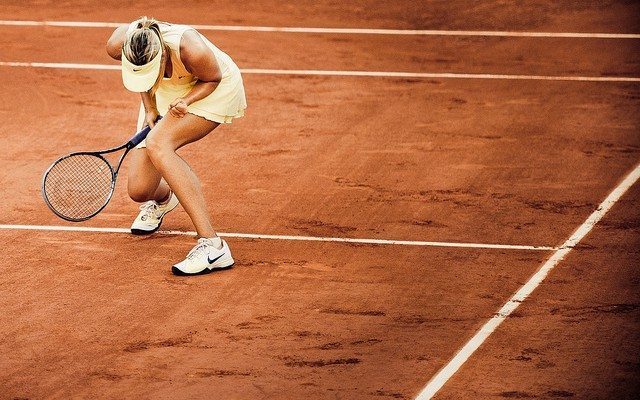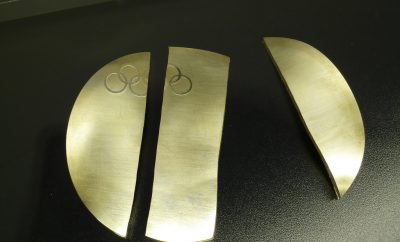 Image Courtesy of [Johan via Flickr]
Image Courtesy of [Johan via Flickr]
News
Maria Sharapova Suspended From Tennis After Failing Drug Test
Maria Sharapova’s spot as the highest paid female athlete in the world is in jeopardy after the tennis star tested positive for a recently banned substance at January’s Australian Open.
Sharapova admitted to failing the drug test at a press conference Monday. As a result, the International Tennis Federation will be provisionally suspending Sharapova effective March 12, pending determination of the case.
During the conference, Sharapova said that she had been taking the drug for the past 10 years legally, but was unaware when she took her drug test that it had been added to the World Anti-Doping Agency’s list of banned substances on January 1. Sharapova said she takes “full responsibility” for failing the test.
Still many are wondering if the positive results are indicative of intentional foul play, or perhaps just an honest mistake. The substance had only been banned for a week when Sharapova failed her test, and so far several other athletes have tested positive for it as well.
For those of you who aren’t familiar with this obscure drug, here’s what you need to know:
What is Meldonium?
Meldonium, also known as Mildronate, is a drug that has not been approved by the U.S. Food and Drug Administration, but is available in Russia. It was created to help patients suffering from heart conditions, but there has been a rise in athletes, especially in Europe and Russia, taking the drug to enhance performance because it also aids oxygen uptake and endurance.
Why was she taking it?
Sharapova claims that she was prescribed the drug by her family physician in 2006 after suffering from a variety of health issues including signs of diabetes and irregular electrocardiography (EKG) test results.
However, according to ESPN, the Latvian company responsible for making the drug says the normal course of treatment for the drug is four to six weeks–not 10 years.
Wasn’t she notified that it was banned?
Sharapova said that she received an email in December notifying her that the drug’s status was changing, but she failed to read the information in time for the Australian Open.
So what’s next for Sharapova?
As a first-time offender, she could face a four-year ban for failing the test. If she is able to prove that she didn’t intentionally violate the doping regulations she could likely have the suspension reduced to two years.
Still the blowback will reach her off the tennis court as well.
Since news of the scandal broke, a slew of Sharapova’s endorsements have begun to “suspend ties” with her, including Nike, Porsche, and watchmaker TAG Heur. Spokespersons from all three companies released statements indicating that they would be monitoring developments in the case, but there was no indication of whether or not they planned to resume business with her in the future.
The combined loss of these deals will most likely mean a drastic pay cut for the athlete; her net worth is estimated at $195 million.
Former adversary and current World No. 1 ranked female tennis player Serena Williams came to Sharapova’s defense after facing questions at a news conference on Tuesday. Williams said she “showed a lot of courage” adding,
I think most people were happy she was upfront and very honest and showed a lot of courage to admit to what she had done and what she had neglected to look at in terms of the list at the end of the year…It’s just taking responsibility, which she admitted that she was willing to do and ready to do…Just hope for the best for everybody in that situation.
Watch the video of her announcement below.








Comments